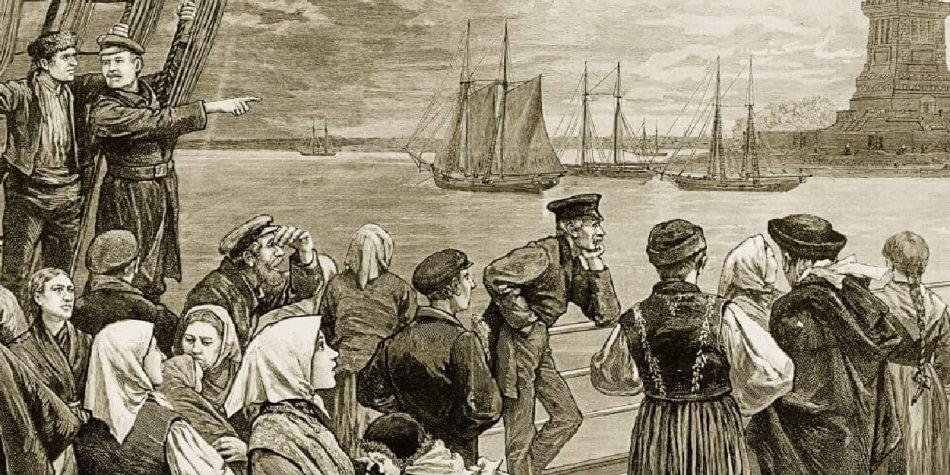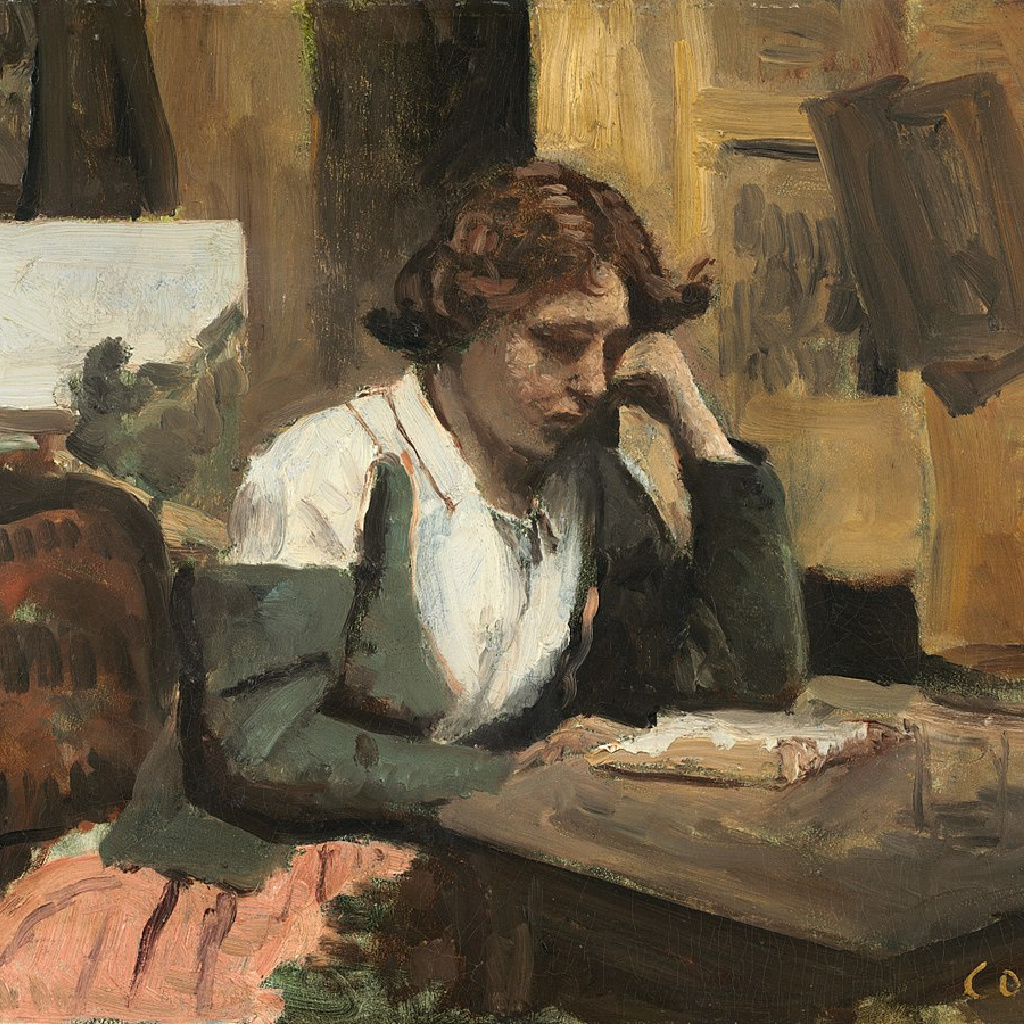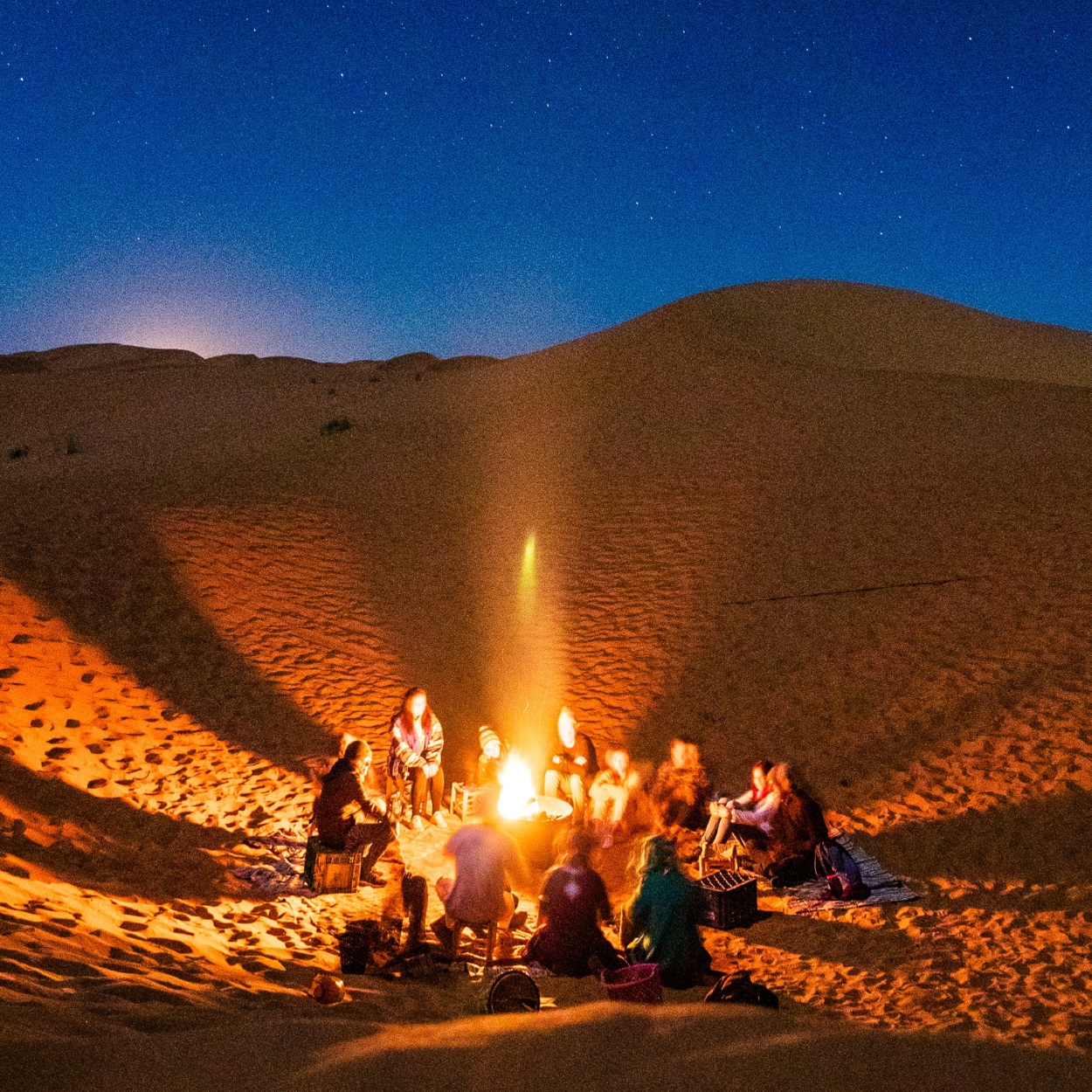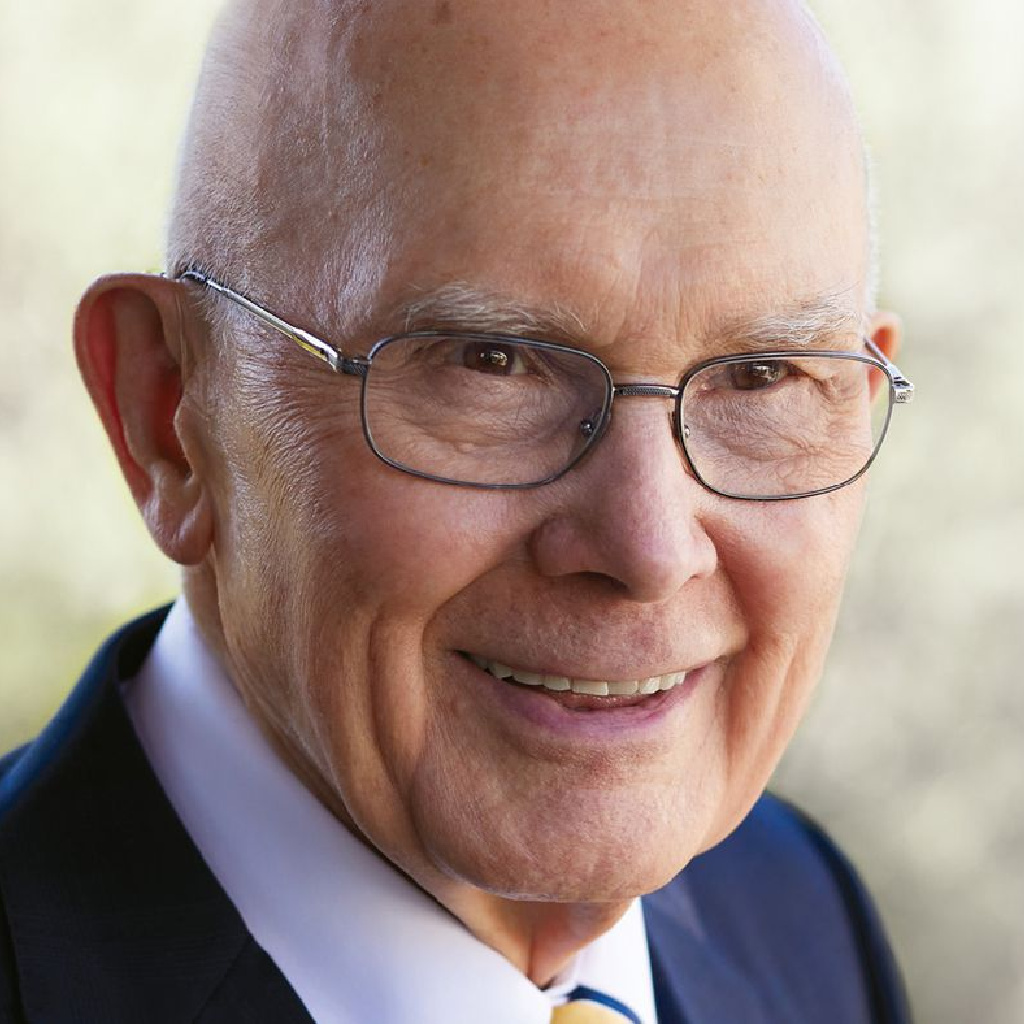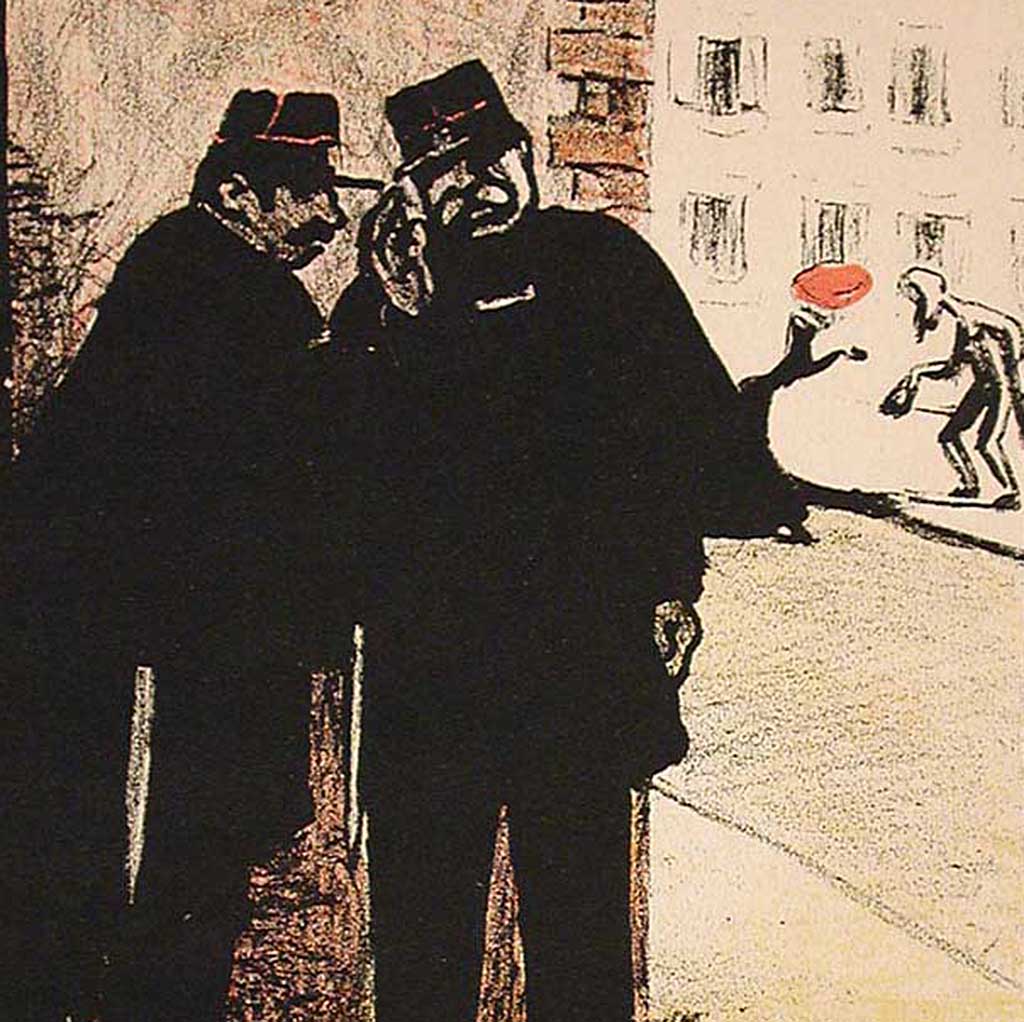In July, we celebrate Independence Day and Pioneer Day, both milestones for groups seeking liberty. These are not just academic dates for me; my kids’ thoroughly researched family tree includes pilgrims, pioneers, and refugees, and their ancestors have fled from at least five countries on three continents in search of liberty. Traversing the tree is educational: it provides a base rate for thinking about why and how often, in the grand sweep of history, I might expect to face serious political repression. This exercise gives me a reason to share The Church of Jesus Christ of Latter-day Saints’ concern for religious freedom.
I’ll start with my side. John Taylor (my great-cubed grandfather) has a well-known story; after a couple of peaceful international moves for religious reasons (from the UK to Canada to the U.S.), he fled from the 1838 Missouri Mormon Extermination Order, then got shot when Joseph Smith was assassinated in the custody of the State of Illinois (while Joseph was running for president, 1844). After further problems in Illinois, he left the boundaries of the U.S. for Utah and ultimately died in 1887, after two years in hiding to escape enforcement of the Edmunds Anti-Polygamy Act. This is sort of the standard set of church history case studies showing where inadequate religious freedom can land a true believer. My kids’ ancestors have fled a variety of governments.
Looking a little further back, there are a good handful of pilgrims on my side, and my wife also has some (they overlap with mine). If you don’t already know the story of the pilgrims, you need more help than I can give you, but in any case, that’s one more set of folks leaving a government behind for religious reasons.
It seems my dad’s ancestors largely came to the U.S. (from Norway, Sweden, southern Italy, and the U. K.) as economic migrants, and then moved on to Canada for homestead farmland. That’s the one branch of the family where I’m unaware of any major, recent political or religious drama, though obviously southern Italy has been misgoverned to a greater or lesser extent since approximately the end of the Roman Republic, and its continuing poverty is related to that fact.
More recently, my parents were both born and raised in Canada but ended up moving to the U. S. as adults, as have (independently) the majority of their siblings. The phrase “tax refugee” has been used, and I’ve heard plenty of other discontents from around the family, notably with the inanities of the Canadian medical system and the U.S. immigration system they have to deal with too.
On my wife’s side, the legacy of getting persecuted for religious reasons goes back in her paternal line to the Waldenses, a “proto-Protestant church tradition” dating back to the 12th century and primarily based in the alps. (“For The Strength of the Hills” is actually a Waldensian hymn, and refers to their refuge in the alps, not Utah geography.) This worked out about how you might expect. In the 13th century, they were declared heretical by the Catholic Church and some were burned at the stake. In the 15th century, the ironically named Pope Innocent VIII issued a bull that resulted in a crusade against them. Some were massacred by troops of French King Francis I for “dissident religious activities” in the 16th century. And then there was a massacre by Savoyard troops in the 17th century (John Milton did not approve), followed by conflict with Louis XIV of France and his nephew the Duke of Savoy. Some Waldenses fled to Switzerland for several years before returning to their valleys.
In the 19th century, things finally quieted down for the Waldenses, and in the newfound climate of relative religious tolerance, Lorenzo Snow went to Italy to proselytize. My kids’ great-cubed grand-aunt Marie Madeleine Cardon had previously seen the missionaries in a vision, and her family subsequently joined The Church of Jesus Christ of Latter-day Saints. Marie successfully confronted one mob, but the family had evidently gone out of the Waldensian frying pan and into the Latter-day Saint fire; the Cardons subsequently emigrated to Utah. Later on, during anti-polygamy persecution, they ended up in the Mexican colonies, which, like the Canadian colonies, were an 1880s John Taylor project meant to serve as a refuge. (Except that during the Mexican Revolution (1910-1920), most of the colonists ended up back in the U.S. as refugees after facing anti-American sentiment and ultimately cannons). Tired of losing yet?
In my wife’s Chinese maternal line, her Great-Grandpa Lau was killed by the communists around 1950, but Grandpa Lau made it safely to British-ruled Hong Kong. When Hong Kong’s eventual reversion to Chinese rule was becoming clear, he (correctly) expected it was only a matter of time before Communist tyranny overtook it too, so he moved again to the U. S. It sounds like he was mostly trying to not get killed by Maoists, but fortunately, one consequence was that his kids ended up having religious freedom.
So my kids’ ancestors have fled a variety of governments, ranging from poor to outright tyrannical, in many cases to be able to practice their religion without interference. What should they learn from this? My kids should be attentive to religious freedom. Their ancestors have fled jurisdictions with established religion (Waldenses, pilgrims), established atheism (China), and established anti-Mormonism (1830s Missouri, 1840s Illinois, 1880s U. S.). The 13th, 15th, 16th, 17th, 19th, and 20th centuries all had some trouble for my people. Hopefully, the 21st century goes just fine, but a degree of vigilance is in order. Like any other “this time is different” argument, “no need to worry about religious freedom in our day and age” deserves some knee-jerk skepticism.
Remembering these troubles, my kids should have some sympathy for refugees, victims of persecution, and economic migrants. All of their ancestral lines have been through at least one of these categories of duress within the last couple of centuries.
My kids should also be skeptical of government power. Their ancestors haven’t had to flee recurring oppression caused by non-governmental organizations, or the big economic interests of the day, or non-established religions; it always seems to be the government. And even with the government, the problem never seems to be bread-and-butter government work like contract enforcement or punishment of violent crime. It always seems to be some kind of ideological overreach backed by the state’s monopoly on violence.
So, attempts to enshrine religion or some kind of other ideology in law likewise deserve my kids’ skepticism. Established religion is now widely recognized as problematic, but it is just a special case of the tendency for any established ideology to metastasize, taking an inappropriate and growing hold over citizens’ lives and resources. The besetting problem of our time is not government establishing a religion—it is government becoming the religion. Neither the Cult of Divus Trump nor its competitor Woke Orthodoxy (with their respective creeds, rituals, and priests) should have power over vast swathes of economic and cultural activity; I’d rather have them playing for the table stakes of a small government. Only a limited government, committed to a parsimonious ideology like American constitutionalism, can at least semi-reliably stand aside, stave off metastasis, and leave room for oddballs like my ancestors. “Culture war” issues are all fun and games until one side is under enough pressure to start leaving the country.
They should also recognize that they literally would not exist in their current form if one of their ancestors had not been fervently anti-Communist from up-close experience.
These items do not a complete political philosophy make, with the specifics tied to my own family. And they form just one of many arguments for paying attention to religious freedom, which can also be defended on purely utilitarian grounds or from philosophical first principles. But they certainly highlight the rarity and importance of various types of liberty, religious liberty foremost among them.
Through centuries of trial and error, my kids’ ancestors made the decisions to land us here in the United States, a place with a great deal of liberty. This Fourth of July and Pioneer Day, my kids should be grateful for this: grateful that they are American citizens, grateful that they have religious liberty, and grateful for those who came before them. We have a rare gift; may it last.
Read more from Tom at his blog, tomnysetvold.com.

